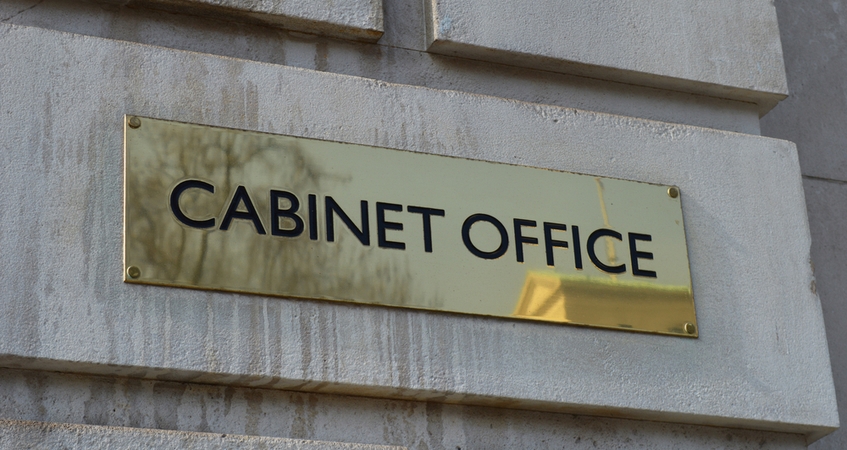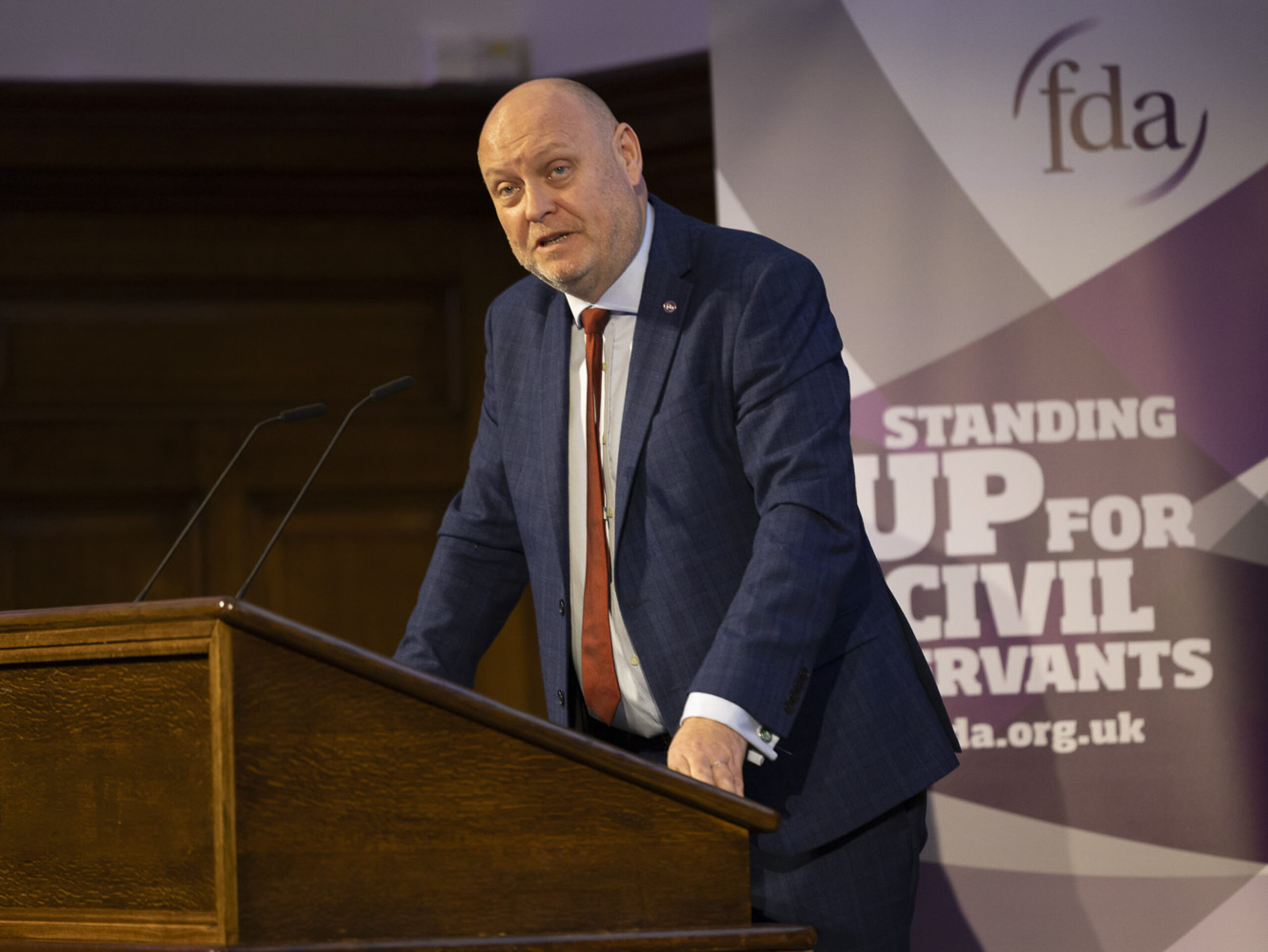FDA members reject Ministry of Justice pay offer
The union recommended members reject the offer, and members have followed this recommendation. A recent ballot resulted in 65% of individuals voting against the pay deal.
Before and during the balloting process, conversations with FDA members revealed several key concerns over the MoJ’s offer. The proposed increase of working hours, they stated, should not be used to fund a pay award. For some, an 8.2% increase in hours would only lead to a 9% increase in pay – leading to an effective pay rise of under 1%.
Others pointed to the more generous real-terms pay rises being offered to other public sector employees working in the justice system. There were also concerns about limited pay protection for civil servants, and the rationalisation of travel, subsistence and allowances.
Under the terms of the collective agreement, all four constituent unions are required to accept MEP for the new contract to be implemented; this cannot happen now. The union is looking to engage with both members and the department to decide upon next steps.
FDA National Officer Victoria Taylor, who negotiates on behalf of MoJ members, said: “FDA members in the Ministry of Justice (MoJ) have been clear that the offer on the table is not good enough. They are not prepared to tie themselves to a five year deal that demands they work extra hours, face a reduction in their terms and conditions, and in some cases a significant real terms pay cut. The proposed offer is extremely complicated but it is clear that staff can see it for it is – robbing Peter to pay Paul – effectively continuing the pay cap for a further five years after nearly a decade of pay restraint. This was made all the more unfair when it became apparent that while civil servants in the MoJ were asked to continue with a pay cap, prison officers under the same Secretary of State have been promised a 2.75% pay rise. It cannot be right to single out one group of staff to be rewarded and treat another group of staff as if they don’t matter – this is counter-productive. All members of staff working in every part of the justice system deserve to be rewarded and valued for the role they play in delivering a world-class service for the public.
“Pay 2018: Why we have issued legal proceedings, seeking a Judicial Review of the Government’s failure to consult with unions appropriately over the 2018 Civil Service Pay Guidance. However, even in its current form, this guidance gives departments pay flexibility around the pay cap if they submit a business case to better deliver public services. The FDA is encouraging departments across the civil service to submit business cases to secure funding to deliver a fair pay rise for civil servants. The original intention behind the pay proposals in the MoJ was to deliver additional services. The FDA, along with the other unions, engaged with the MoJ throughout the negotiations but from the start the department was adamant that there would be no additional money to fund these services. The result of our ballot, with senior managers and professionals voting overwhelmingly to reject the offer, shows us that business change cannot be delivered on the cheap, or distract from the need for a proper pay award for civil servants.
“We’ll be seeking an urgent meeting with the MoJ to ask them to go back to the Treasury to seek additional funding. We want to continue to engage with the MoJ to reach an acceptable deal for our members.”
Related News
-

FDA secures 6.41% pay increase for Fast Streamers
The FDA’s Fast Stream members have voted to accept a pay award for 2025-26 with a 6.41% increase for second year salaries. The deal has been agreed under the Cabinet Office’s annual pay remit guidance process for the first time.
-

Civil service pay award demonstrates government has “failed to grasp the nettle of fundamental reform”
The government has published its Civil Service Pay Remit Guidance alongside a Written Ministerial Statement confirming the government’s decision to accept the recommendations of the SSRB.
-

ADC 2025: Penman says civil servants are “hungry for reform”
At the union’s Annual Delegate Conference delegates heard from guest speakers FDA General Secretary Dave Penman, journalist Lewis Goodall, and Cabinet Office minister Georgia Gould.